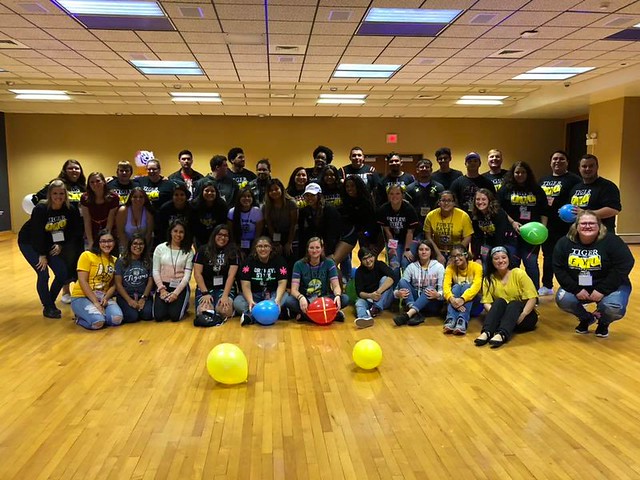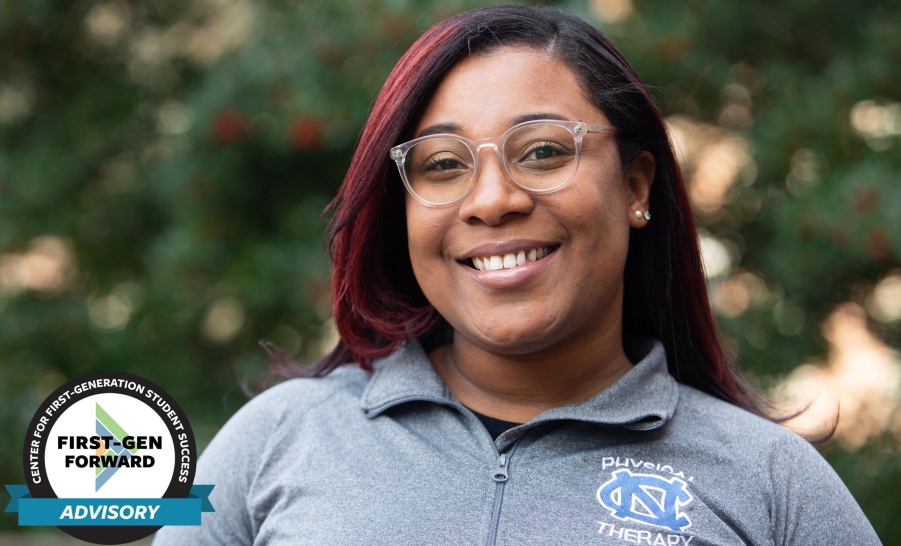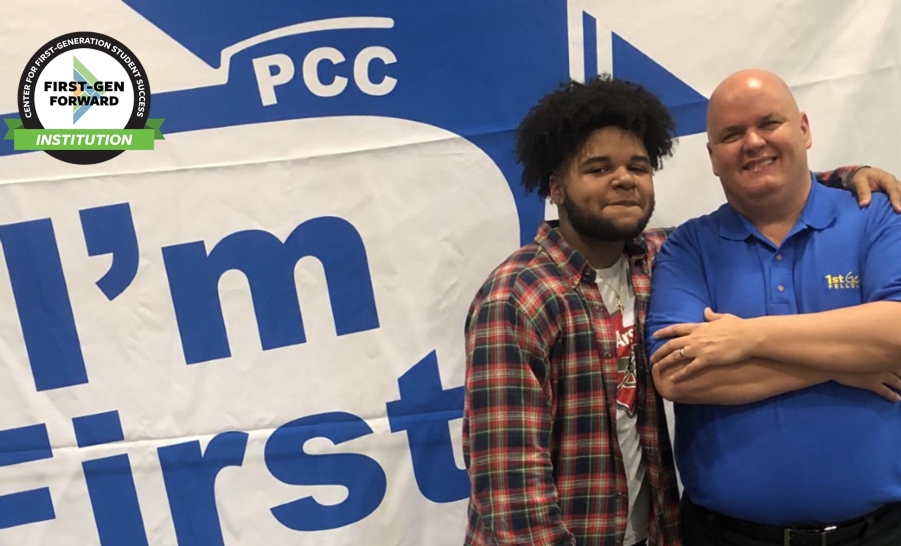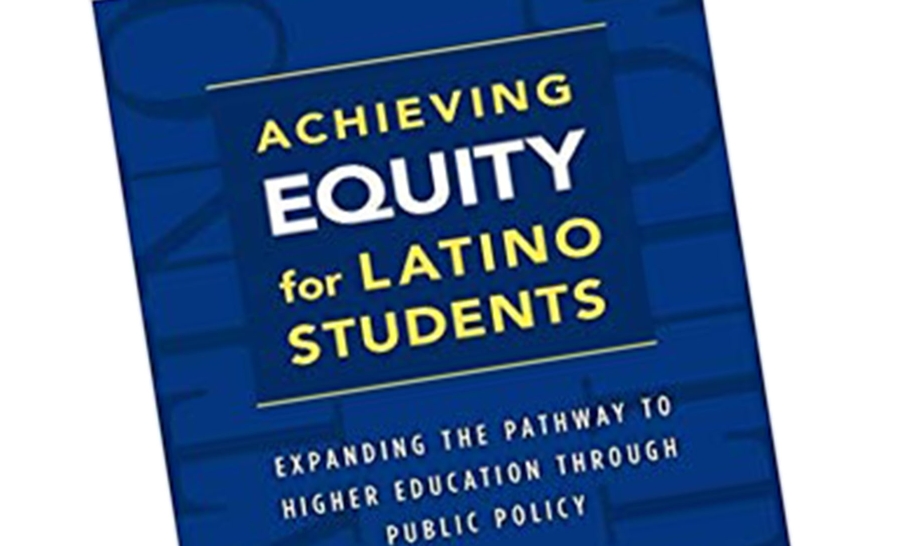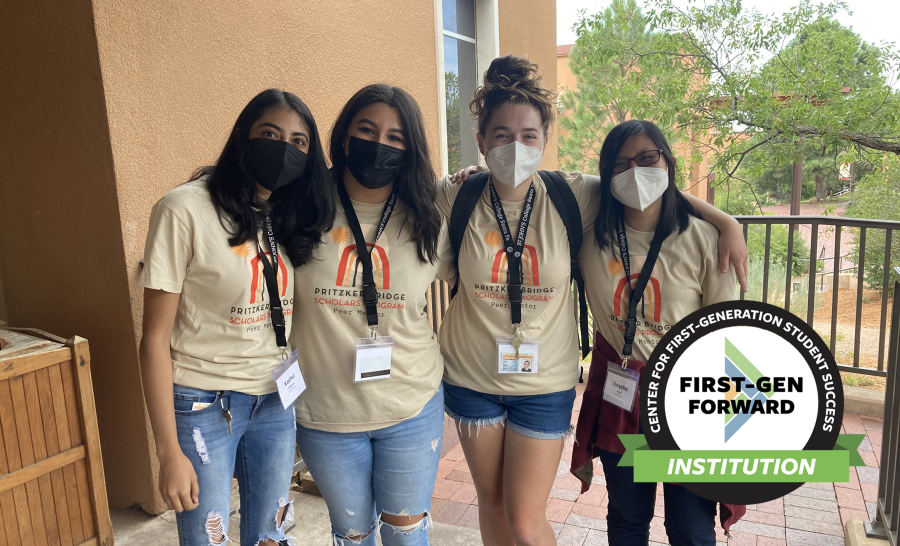Setting Paths of Success for First-generation Students
Joshua Charles Clary, Graduate Student, / FirstGen Forward / November 05, 2018
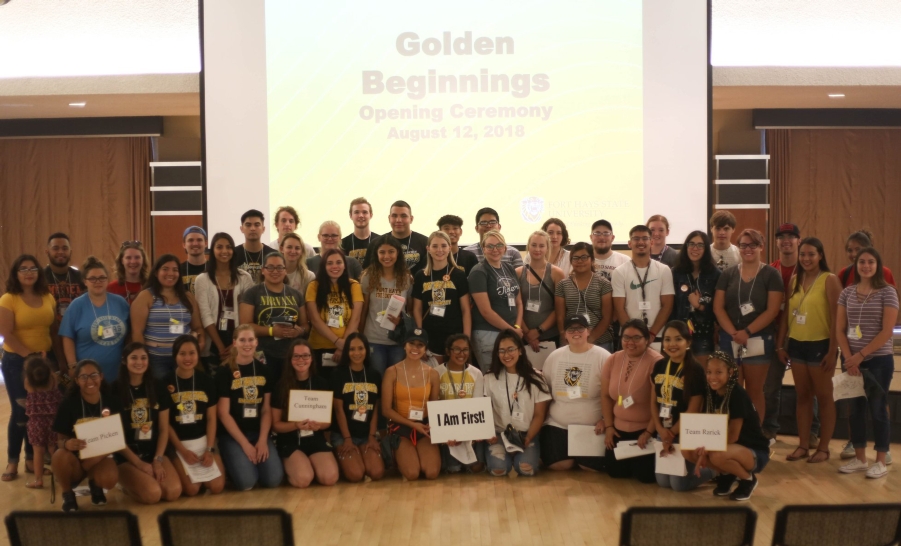
Fort Hays State University (FHSU) students, faculty, and staff are excited and motivated to make a bigger push to work with students that sometimes “fall through the cracks” of higher education. One of the groups that has seen a large push of acknowledgment and recognition at our institution is the first-generation college student population. It is crucial for these students to dig deep and develop their “why.” Why are they working so vigorously toward a degree? The most important question is, what can we do to help them be able to walk across the stage on graduation day?
In thinking about first-generation college students, this topic very close to my heart as I am a first-generation college student, and I have personally experienced what thousands of first-generation college students go through during their college experience. From breaking down barriers, stepping outside of my comfort zone, and taking risks. Throughout my journey, I was fortunate to have several support systems and believe that it is my duty to be that support system, now. FHSU is working hard to create those very support systems and we frame the support around this “GEN” acronym.
The “G” stands for Golden Beginnings. Golden Beginnings is a two-part, free pre-orientation program. The pre-orientation program run over multiple days and can play a huge role very quickly helping students form their “why.” During this experience, students are able to learn more about the university and more important about themselves. Students are able to familiarize with our campus and envision what it is like in each of the buildings. By being that much more familiar with the layout of the campus, students are able to grasp a better understanding of the university structure, and feel connected! Another fundamental component of a pre-orientation program is that students are able to create authentic relationships with administrators, faculty, staff, as well as upper-level students. These individuals reinforce a stronger sense of community.
The “E” stands for Empower. If you are reading this blog post you are essentially taking the first step by recognizing that there is a need to improve the way we support first-generation college students. At FHSU, we use an asset-based approach in supporting our first-generation students, as well as demonstrating that they are remarkable students and are an integral part of our community. To increase awareness and advocacy, we have created “Proud to support First Generation Tigers” buttons, which have been given to administrators, faculty, staff, and students. To some, this is just a button but numerous students have said that it makes them feel like they belong and have the necessary support to make it. Also, we participated in the inaugural First-Generation College Celebration, launched by the Council for Opportunity in Education (COE) and the Center for First-generation Student Success (Center) in 2018. Another way that we empower our students was by giving out cupcakes and information about resources for first-generation students. For the 2018 First-Generation College Celebration, we will be giving out caramel apples, to motivate and encourage students that being a first-generation student is something to be proud about and to show that we support them.
The “N” stands for Networking. Through my undergraduate degree, I learned an important lesson from Dr. Taylor Kriley, who now serves as the director of Transition, Inclusion, & Diversity Excellence at FHSU, she taught me the value in knowing your story and being able to share it with others as a way to connect. Being able to harness this skill helped me while in networking settings, but it was not easy. How can we create opportunities for first-generation students to master these skills sooner? At FHSU, we have the Project Lighthouse which is a first-generation student mentoring programming. Through pairing first-generation students with a mentor (undergraduate student, graduate assistant, staff, or faculty member) that also identify as first-generation, mentors quickly become an advocate for their mentee. This relationship has enhanced academic and social success. Another great opportunity for first-generation students to network is through the Zeneration One Living Learning Community (LLC). This LLC is able to create a very close connection with other first-generation students, because they live in the same residence hall together, and quickly form relationships with their peers. Additionally, they enroll in the same first-year seminar and have the chance to take even more classes together.
In order to ensure that we are offering the right support for first-generation college students, we must be willing to ask ourselves, “How have we supported first-generation college students in the past and how can we make improvements for the future?” This reflective thought process will help to make necessary improvements across your campus and has influenced the way that we create, continue, and reimagine support offerings at FHSU. As a first-generation college student navigating my “why” at FHSU played a pivotal role in my success. It has also motivated me to pursue a career in higher education and student affairs. I welcome you to use and apply the “GEN” acronym when creating or reimaging first-generation student support offerings, and help students determine their “why”!
Here is another reason for continuing with my “why”!
“Since the first day I stepped foot on FHSU, I have felt welcomed and apart of the Tiger Family. Between the living-learning communities, my mentor within Lighthouse, and even Josh Clary who mentors me - I know I can be successful. I also cherished my living-learning community, they have taught me so much and been a support system for not only my life at FHSU but also my personal life. I cannot imagine life at any other university because of the way I was accepted and given endless resources as a first-generation student at FHSU.” – Alexander S Bindle first-year, first-generation students at FHSU
